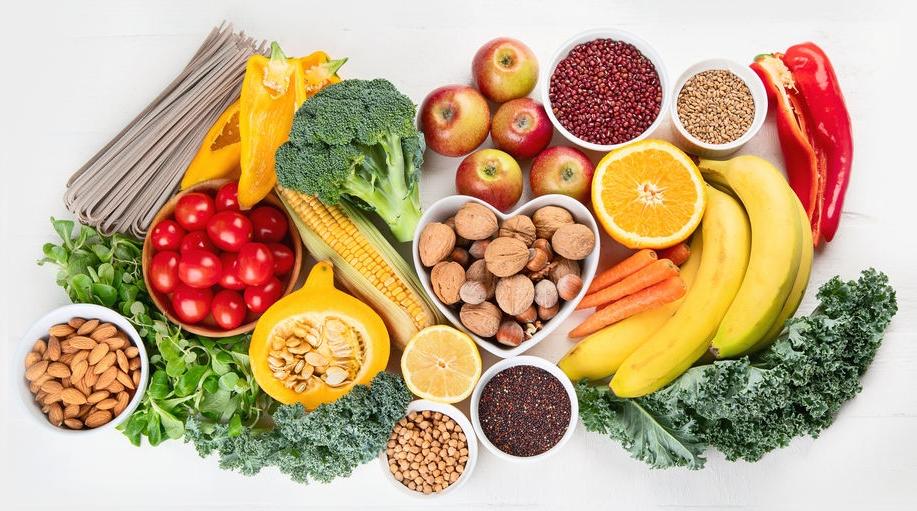Integrating Organic Whole Foods Into Your Diet for Better Health

In the U.S. “organic foods” and “whole foods” are often confused. Not all organic foods are whole, and not all whole foods are organic. Here’s what whole foods are, what they can do for your health, and how to get started on the road to better health.
What Are Whole Foods?
Whole foods are unprocessed natural food items that our great grandparents would simply have called “foods”—from vegetables and fruits to whole grains to untouched cuts of meat. The term doesn’t necessarily mean the foods are organically or sustainably grown—just that they haven’t been processed.
Organic foods are grown without any chemical intervention—no pesticides or industrial-strength chemicals that are harmful to the environment or to people. Organic whole foods are the best of both worlds—good for you, good for your world.
What Can Whole Foods Do For You?
Whole foods can:
- Reduce weight. Foods made with whole, natural ingredients tend to contain less salt and sugar, both of which can encourage your body to put on the pounds. When you eat a diet rich in whole foods, you’re likely to lose weight and feel better without even trying.
- Improve nutrition. Whole foods contain the majority of the micronutrients your body needs. According to the Mayo Clinic, whole foods do more for your body because they contain a range of nutritional supplements—for example, a whole orange contains not just Vitamin C but Beta Carotene and other phytonutrients that help the body work at its best, unlike a Vitamin C supplement. In addition, whole foods contain protective phytochemicals that work via nutrition to minimize a range of health risks such as heart disease, hypertension, and diabetes.
- Lower cancer risk. According to the American Institute for Cancer Research, whole foods can fight cancer. Individual phytochemicals may provide some cancer protection, but it’s the “synergy of compounds” in the diet as a whole that provides the greatest protection.
- Lower cholesterol. Back in 2000, the Journal of the American College of Nutrition published a small whole foods study of 12 women that ate a diet of highly processed food for a month and then a diet of phytochemical-rich whole foods for a month. These women lowered their saturated fat intake a whopping 61% on the whole food diet, and experienced a 13% drop in cholesterol in just one month.
- Regulate digestion. Whole grains, vegetables, legumes, and fruits are natural sources of dietary fiber, which helps to regulate the human digestive system. A whole food diet can regulate elimination but also control flatulence and other digestive discomforts when practiced for an extended period of time.
The human body is a phenomenal piece of biological engineering. When fed the proper “fuel,” the body can work at its best—even if recovering from the effects of a diet of pre-prepared, highly processed foods.
To feel your best you need to: practice good sleep hygiene; exercise regularly; and choose organic, whole foods that introduce healthy nutrient combinations without chemicals or additives. Incorporating organic whole foods as part of your regular routine can make a noticeable difference in a surprisingly short time.


